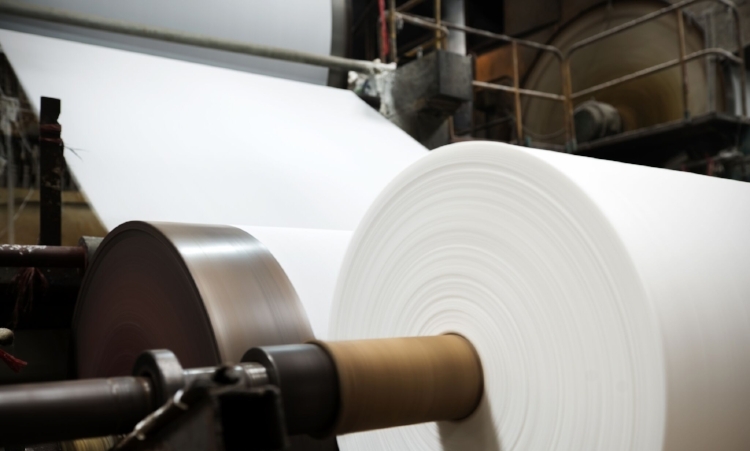BOILERS & COOLING TOWERS
WHY TEST INDUSTRIAL WATER?
Living in a world of expensive energy, it is extremely vital that we learn how to efficiently use heat exchange technology and equipment. Industrial cooling towers remove the heat absorbed in the circulating cooling water systems used in power plants, petroleum refineries, petrochemical plants, natural gas processing plants, food processing plants, semi-conductor plants, and for other industrial facilities. Companies need to constantly monitor the water they use as it should be kept free of insulating deposits that promote excess energy consumption and have a direct effect on equipment life.
SCALE AND CORROSION
The precipitation of calcium and other salts within the cooling machinery progressively narrows the pipes internal diameters and roughens tube surfaces, thereby impeding proper flow and lowering the efficiency of the cooling system altogether.
Dissolved gases, improper pH control or formation of differential aeration cells under deposits all cause corrosion. Truly, the single most significant factor leading to the premature deterioration of HVAC equipment and piping is corrosion. The presence of corrosion is only revealed when the equipment fails. Failures of this type can be catastrophic, leading to costly downtime for repairs and equipment replacement, personal discomfort and may even lead to a total plant shutdown.
Water softening systems are often implemented to remove scale and corrosion causing ions and replace them with ions which do not cause these effects, such as sodium and silicate. To confirm that such systems are operating correctly, a simple measurement of conductivity or resistivity will be insufficient. A more specific measure of the ions in solution before and after treatment is needed instead.
DISSOLVED OXYGEN
Steel pipes are particularly susceptible to dissolved oxygen, which can destroy the passivation layer that covers most of the inside of the piping and lead to degradation. In addition, certain dissolved ions can be oxidized into insoluble forms that may change the piping efficiency by narrowing the pipes.
BIOLOGICAL GROWTH
The uncontrolled and wide spread multiplication of bacteria, algae, and fungi results in bio-fouling on heat exchange surfaces and has now been recognized as an important contributor to loss in heat transfer efficiency in cooling water systems. This may also cause corrosion, burdensome repairs, and deadly diseases.
SLUDGE
The term "sludge" includes dirt, mud, sand, silt, clay, scale salts, and other particulates from the air or the makeup water. Very often these suspended solids are tightly bound and cemented by corrosion products and organic matter. This mixture can clog piping and heat exchange equipment, deteriorating the efficiency of the system.



